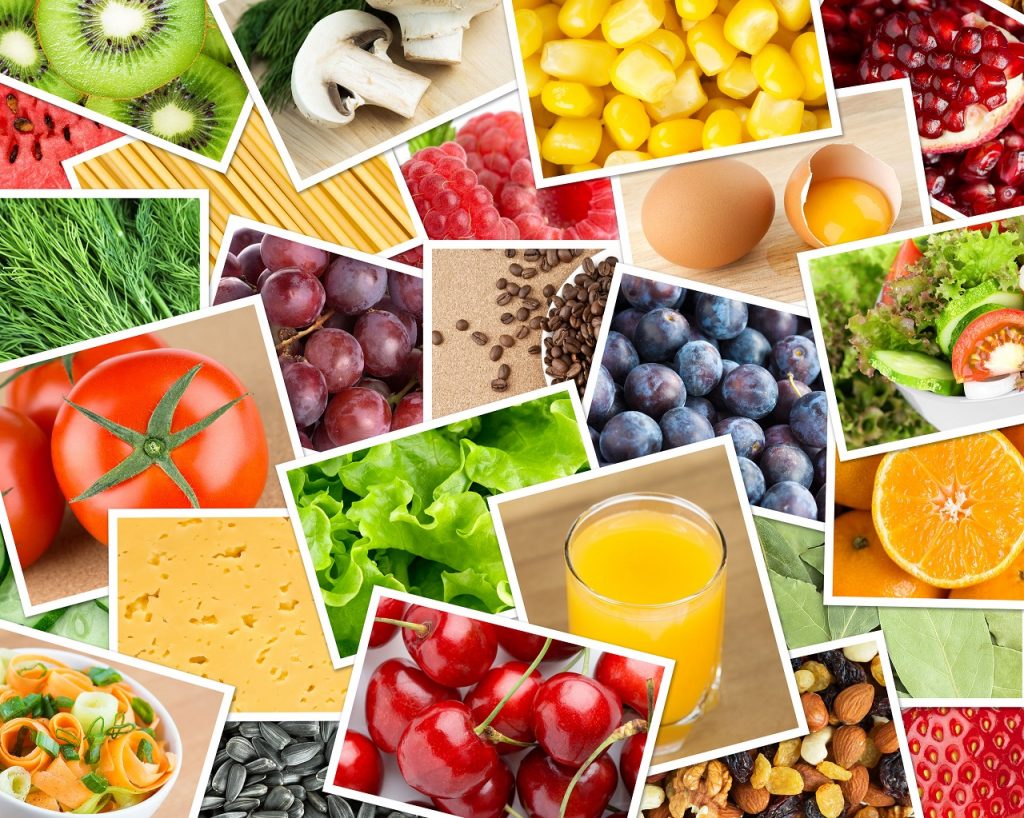While undergoing chemotherapy or other treatments for cancer, there are a number of reasons for eating problems to develop. These can be broken down into three general groups. The first reason for eating difficulties during chemotherapy and cancer treatment involves the psychological trauma that having cancer causes. The second reason for problems during cancer treatment involve the major side effects of chemotherapy like nausea and appetite suppression. The final reasons for difficulty during cancer treatment happens if the cancer is located somewhere that physically hampers food consumption like cancer of the mouth and throat. All three reasons must be closely monitored by the patient, friends and family and the doctor, as proper nutrition during treatment is paramount to a successful outcome.

During chemotherapy and other cancer treatments, it is normal for the patient to undergo extreme emotions such as depression, anxiety, fear and even anger. These are almost always present in one form or another during cancer treatment and all can lead to malnutrition as the patients emotions allow them to become preoccupied with the cancer. It is imperative that the physical informs the patient of the importance of nutrition during treatment, and the patient informs friends, family members and other supporters. Very few things contribute to the outcome of chemotherapy as much as the patients ability to maintain proper nutrition. While the patient may not want to eat during a low emotional state, that is the time for friends and family to intervene. Along with dealing with transportation to treatment, and care of the patients children during rough times, encouraging the patient to eat nutritious, regular meals should be one of the goals of the support team. This is especially important when the patient enters long periods of depression or fear when they just dont feel like eating.
Besides the psychological factors that make the patient not feel like eating during chemotherapy, there are also several physical things that are being caused by the chemotherapy that the patient and support team must overcome to maintain proper nutrition. Because the purpose of chemotherapy and radiation therapy is to target rapidly dividing cells, there are some otherwise healthy cells that are affected, like the cells of the digestive system and hair. This is why the two most common side effects of chemotherapy and radiation therapy include hair loss and severe nausea. The important thing to remember with nausea is that it is temporary and there will be times when you just physically will not be able to hold food down. Concentrate on the good times, and make sure that nutritious meals that contain high amounts of carbohydrates, protein and vitamins are taken during those time. Normal meal times may not be possible, so try to always have a full, nutritious meals easily available for when the nausea fades. Also, most patients undergoing chemotherapy will tell you that mornings are by far the best time to eat because the nausea isn’t as bad. Prepare for this the night before, and make a big meal that only has to be microwaved the next morning. The big thing is to eat around the nausea and do not expect yourself to eat when everyone else is. For you to be armed with the right information about proper diet when undergoing chemotherapy, go to the most reliable websites. Navigate to these guys and get the right tips, advice and information that you need.

The final reason for difficulty eating during cancer is because the cancer is in a location that prevents normal eating. Your physican will guide you through the steps necessary to maintain proper nutrition. It is important to follow their directions carefully and to eat as many different foods as possible as this will ensure a wide variety of vitamins and minerals are consumed, along with protein and carbohydrates.
Cancer, and chemotherapy are unfortunately a major part of the patient┬┤s life. The good news is that the problems associated with eating, nutrition and diet during chemotherapy are well documented and with proper care and a good support team can be overcome. These include having friends and family encouraging you to eat during your emotional downtimes, and also planning your meals and eating nutritiously during the good times.

